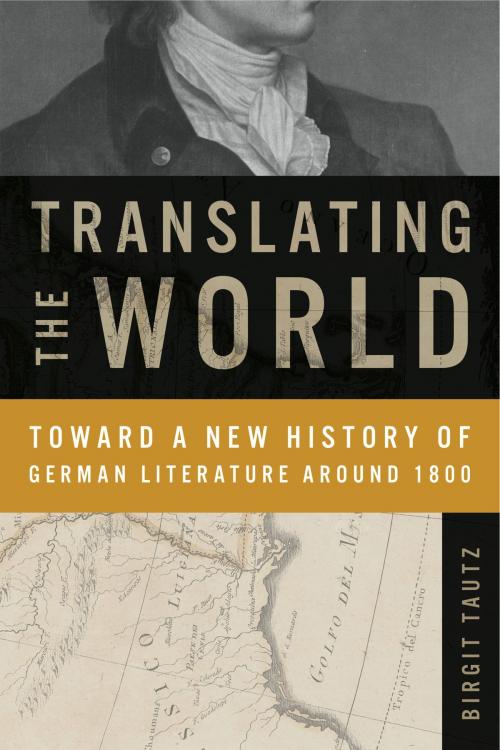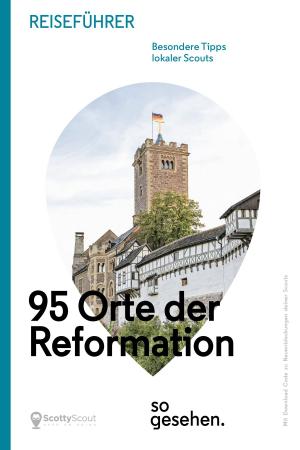Translating the World
Toward a New History of German Literature Around 1800
Fiction & Literature, Literary Theory & Criticism, European, German, Nonfiction, History, Modern, 18th Century, Germany| Author: | Birgit Tautz | ISBN: | 9780271080499 |
| Publisher: | The Pennsylvania State University Press | Publication: | December 28, 2017 |
| Imprint: | The Pennsylvania State University Press | Language: | English |
| Author: | Birgit Tautz |
| ISBN: | 9780271080499 |
| Publisher: | The Pennsylvania State University Press |
| Publication: | December 28, 2017 |
| Imprint: | The Pennsylvania State University Press |
| Language: | English |
In Translating the World, Birgit Tautz provides a new narrative of German literary history in the late eighteenth and early nineteenth centuries. Departing from dominant modes of thought regarding the nexus of literary and national imagination, she examines this intersection through the lens of Germany’s emerging global networks and how they were rendered in two very different German cities: Hamburg and Weimar.
German literary history has tended to employ a conceptual framework that emphasizes the nation or idealized citizenry; yet the experiences of readers in eighteenth-century German cities existed within the context of their local environments, in which daily life occurred and writers such as Lessing, Schiller, and Goethe worked. Hamburg, a flourishing literary city in the late eighteenth century, was eventually relegated to the margins of German historiography, while Weimar, then a small town with an insular worldview, would become mythologized for not only its literary history but its centrality in national German culture. By interrogating the histories of and texts associated with these cities, Tautz shows how literary styles and genres are born of local, rather than national, interaction with the world. Her examination of how texts intersect and interact reveals how they shape and transform the urban cultural landscape as they are translated and move throughout the world.
A fresh, elegant exploration of literary translation, discursive shifts, and global cultural changes, Translating the World is an exciting new story of eighteenth-century German culture and its relationship to expanding global networks that will especially interest scholars of comparative literature, German studies, and literary history.
In Translating the World, Birgit Tautz provides a new narrative of German literary history in the late eighteenth and early nineteenth centuries. Departing from dominant modes of thought regarding the nexus of literary and national imagination, she examines this intersection through the lens of Germany’s emerging global networks and how they were rendered in two very different German cities: Hamburg and Weimar.
German literary history has tended to employ a conceptual framework that emphasizes the nation or idealized citizenry; yet the experiences of readers in eighteenth-century German cities existed within the context of their local environments, in which daily life occurred and writers such as Lessing, Schiller, and Goethe worked. Hamburg, a flourishing literary city in the late eighteenth century, was eventually relegated to the margins of German historiography, while Weimar, then a small town with an insular worldview, would become mythologized for not only its literary history but its centrality in national German culture. By interrogating the histories of and texts associated with these cities, Tautz shows how literary styles and genres are born of local, rather than national, interaction with the world. Her examination of how texts intersect and interact reveals how they shape and transform the urban cultural landscape as they are translated and move throughout the world.
A fresh, elegant exploration of literary translation, discursive shifts, and global cultural changes, Translating the World is an exciting new story of eighteenth-century German culture and its relationship to expanding global networks that will especially interest scholars of comparative literature, German studies, and literary history.













![Cover of the book From Mons To Loos - The Diary Of A Supply Officer [Illustrated Edition] by Birgit Tautz](https://www.kuoky.com/images/2014/august/300x300/9781782894681-tsvI_300x.jpg)

